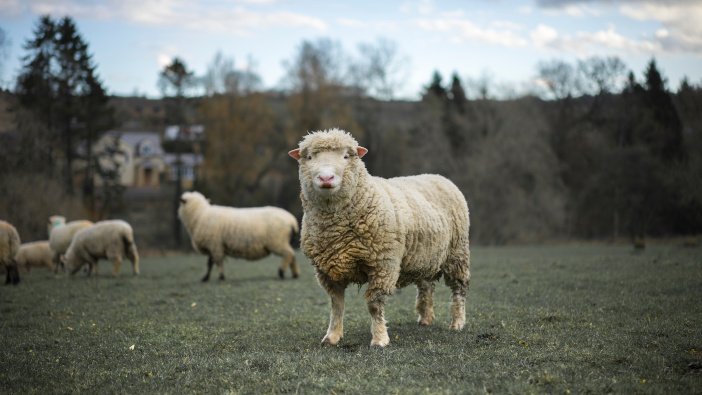The UK Chief Veterinary Officer has set out new measures to mitigate the spread of the Bluetongue virus serotype 3 (BTV-3) following 70 confirmed cases.
The changes include:
- A restricted zone (RZ) in Kent has been extended to cover the entire county and will now also cover East Sussex.
- An extended restricted zone (RZ) will replace the temporary control zone (TCZ) in force in the East Riding of Yorkshire and parts of Lincolnshire.
East Riding and Lincolnshire have also been designated High-Risk counties which means that keepers not covered by the new zone will be eligible for free testing. Keepers will also be eligible to vaccinate their animals using the new general licence.
All owners of susceptible animals in these restricted zones will need to follow strict rules on animal and germ cell product movement.
UK Chief Veterinary Officer Christine Middlemiss said: “As the number of bluetongue cases continues to rise in England and northern Europe, we are taking prompt action to mitigate the spread of the disease.
“I urge farmers within bluetongue control zones to adhere to restrictions and remain vigilant to prevent the disease spreading to their herds.
“We appreciate the impact restrictions can have on farmers and are committed to working with everyone affected. We will continue to keep control zones under review as our understanding of the disease picture develops.”
Animal and Plant Health Agency Chief Executive Jenny Stewart said: “Since the first BTV-3 case for this season was detected last month, case numbers have continued to rise, and I want to remind keepers of the importance of monitoring their livestock and taking up free testing where necessary.
“Scientists, vets and field teams from the Animal and Plant Health Agency are working hard to help tackle bluetongue virus and ensure farmers are kept up to date and supported.”


